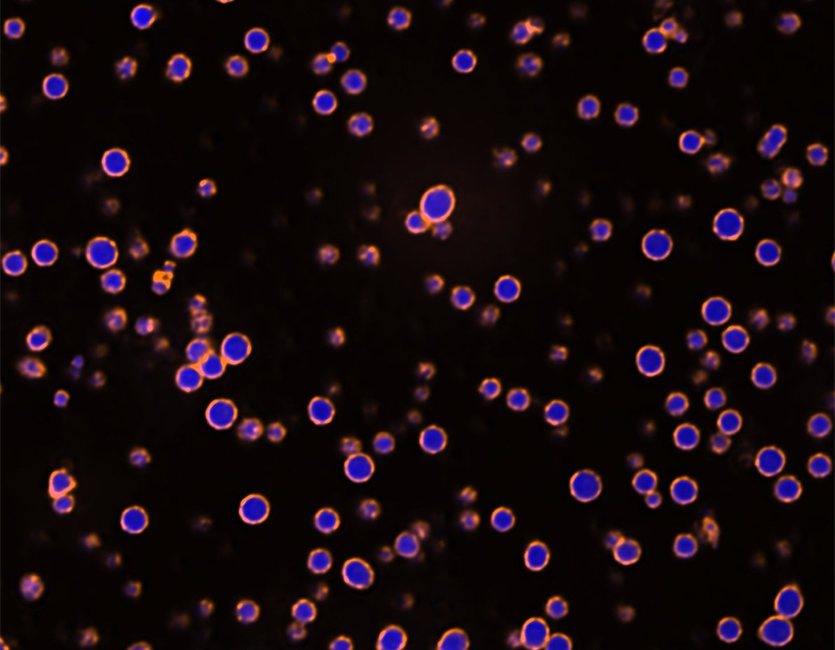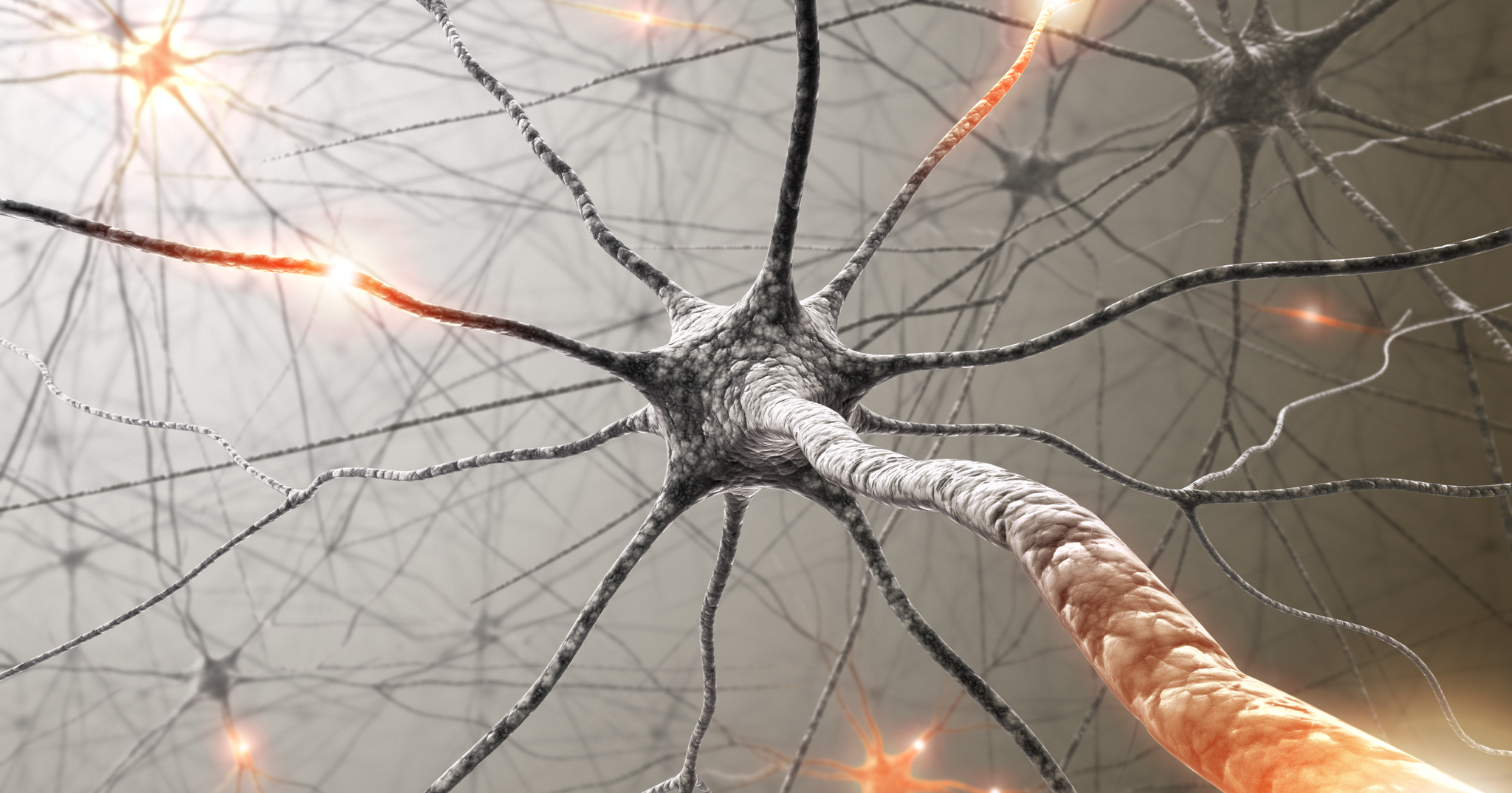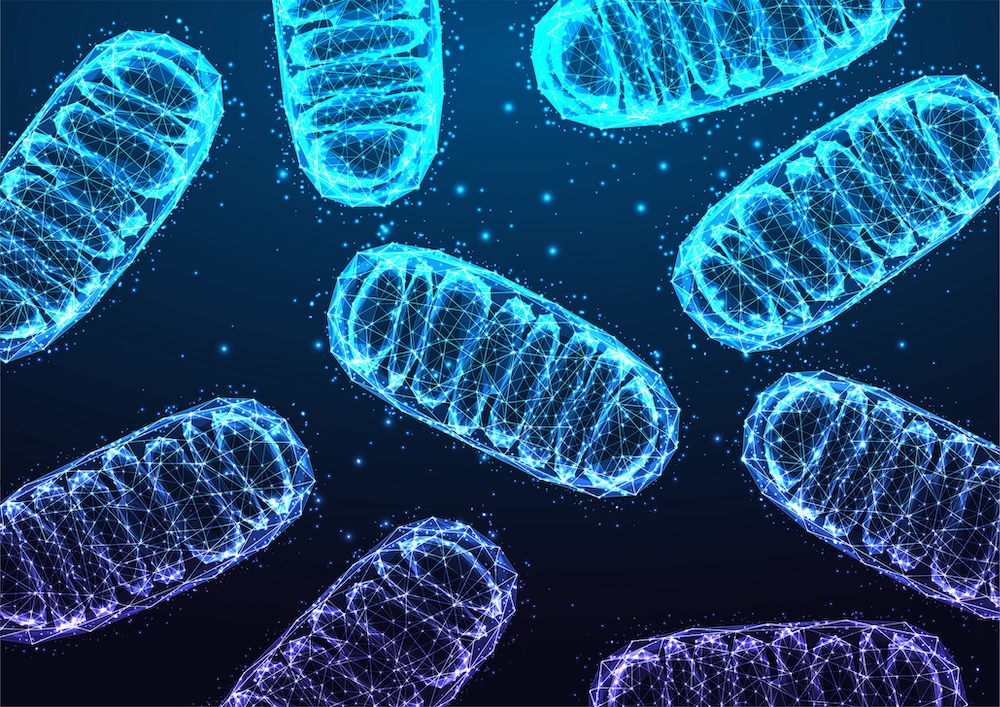Category: Scientific Advances
-

Novel Approach May Improve Early Cancer Detection
A novel approach to detect RNA modification patterns in patient blood samples may be a promising tool for the early detection of colon cancer, as detailed in a recent study published in Nature Biotechnology.
-

Feinberg Scientists Reveal Hidden Dynamics of the Cell’s Smallest Structures
Scientists at Feinberg are reshaping scientific understanding of the cell’s tiniest components—structures once thought to be static, now revealed to be dynamic engines of cellular life.
-

CRISPR’s Efficiency Triples With Spherical Nucleic Acid Delivery System
A new Northwestern study has unveiled a new type of nanostructure that dramatically improves CRISPR delivery and potentially extends its scope of utility.
-

Cell Feature Implicated in Cancer Forms Differently than Previously Thought
A team lead by Northwestern scientists has found that paraspeckles, found in the nucleus of many cells, form differently than previously thought, which may aid in the design of future cancer drugs.
-

Exploring the Role of Non-Coding RNA in Gene Regulation
A new study has revealed that a long non-coding RNA plays a far more extensive role in regulating gene expression than previously understood, according to findings published in Nature Communications.
-

Developing Tools for Studying Essential Genes in Real Time
Northwestern Medicine investigators have developed a powerful new tool that allows scientists to precisely and rapidly control protein levels in living cells—offering unprecedented insight into the inner workings of essential genes, according to a new study published in Nature Communications.
-

Unlocking New Methods for Bone Regeneration
Northwestern Medicine scientists have pioneered a new method to enhance bone regeneration therapies, as detailed in a study published in Nature Communications.
-

Memories Drift Across Neurons Over Time
In a new study published in Nature, Northwestern neurobiologists have found that the brain’s internal GPS changes each time we navigate a familiar, static environment.
-

Mitochondria Support T-cells Proliferation and Memory Formation
Investigators led by Navdeep Chandel, PhD, have discovered how mitochondrial metabolism supports T-cell proliferation and also prevents T-cell exhaustion in cancer and chronic infection, according to a recent study published in Nature Immunology.
-

Novel Molecular Mechanisms Inform Targeted Therapies for Chronic Kidney Disease
A recent Northwestern Medicine study has identified novel molecular mechanisms by which genetic mutations in the PKD2 gene cause the most common type of polycystic kidney disease, according to findings published in Proceedings of the National Academy of Sciences.






